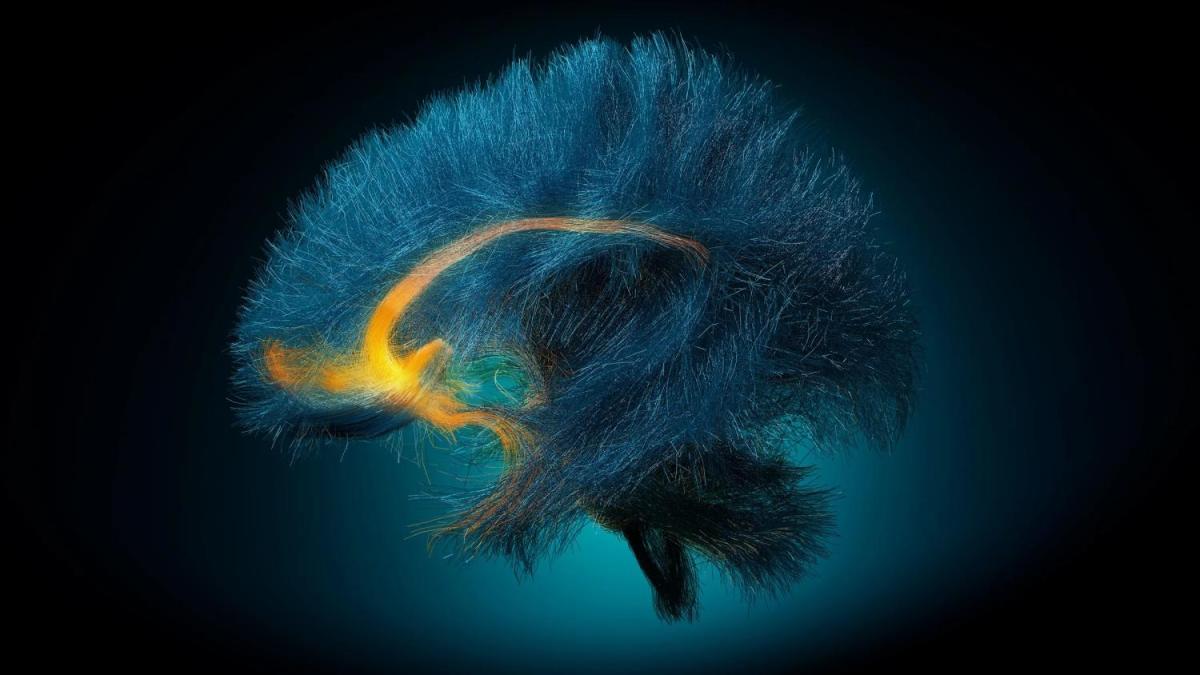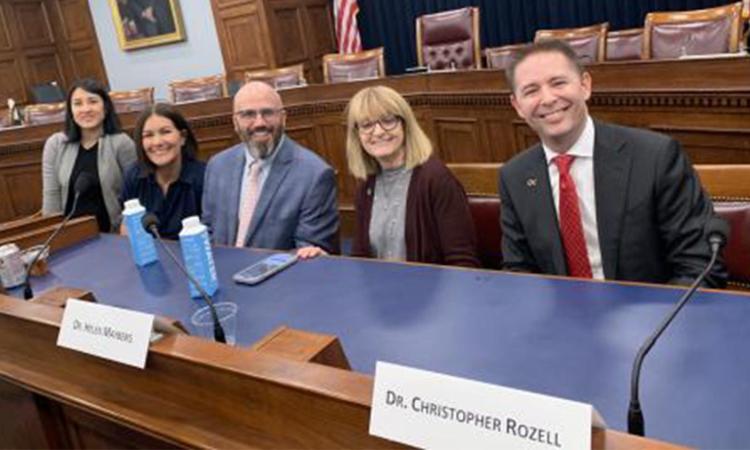
AI-powered brain monitoring is helping psychiatry shift from reactive care to proactive intervention.
As featured in IEEE Spectrum, Professor Christopher Rozell's AI model identifies signs of depression relapse five weeks before symptoms appear. The system has uncovered a neural biomarker linked to both relapse and sleep quality, giving clinicians a valuable early warning signal.
This is one of many exciting developments in deep brain stimulation for treatment-resistant depression that are helping turn research into real-world tools for mental health care.
Related Content
Neurotech Moonshot: Georgia Tech Researcher Shares Impact of BRAIN Initiative in Congressional Briefing
Georgia Tech Professor Chris Rozell recently traveled to Washington, D.C. to present his groundbreaking research on treatment-resistant depression to Congress. There, Rozell shared insights on the impact of 10 years of the NIH BRAIN Initiative — and share with local representatives how Georgia Tech is playing a key role in leading the charge.
Researchers Identify Crucial Biomarker That Tracks Recovery from Treatment-Resistant Depression
Harnessing the power of explainable AI, researchers have unveiled the first insights into the complex workings of deep brain stimulation therapy for severe depression.
